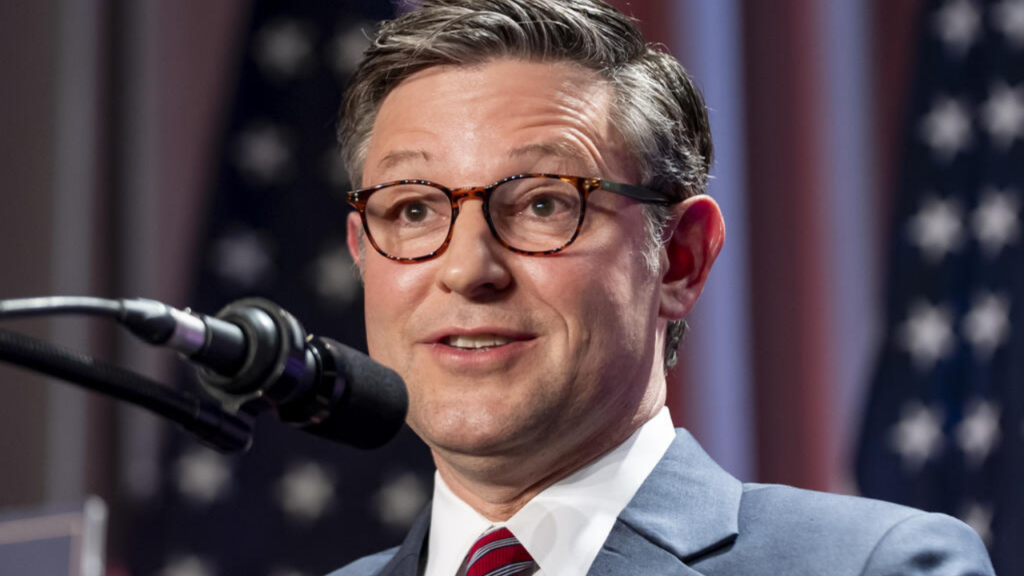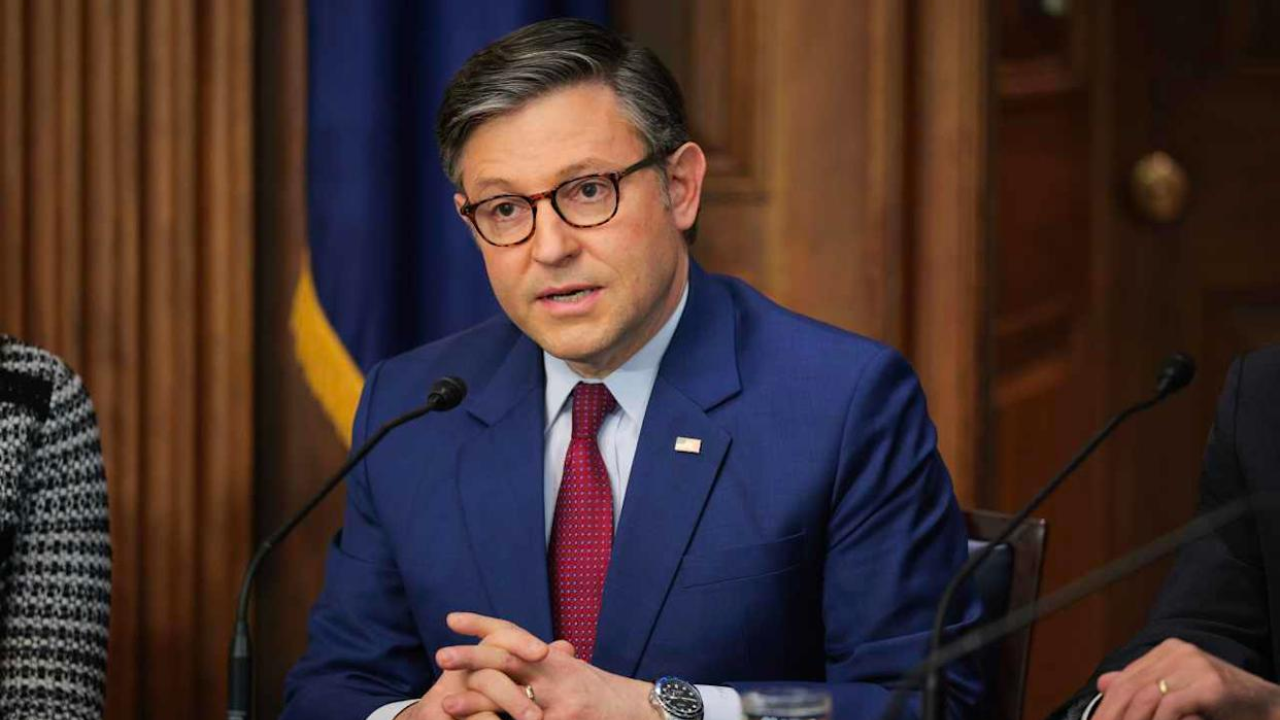Social Security is a topic that carries immense weight in American politics. Politicians, regardless of their political party, understand one simple fact: Social Security is a lifeline for millions of Americans.
It provides vital financial support to seniors, the disabled, and families who lose a primary breadwinner. In fact, in 2024, a staggering 67 million Americans relied on some form of Social Security benefits.
The program is the bedrock of retirement security for many citizens, and any attempt to alter the benefits or revenues of the program is met with strong opposition and suspicion.
Social Security has become the third rail of American politics — a policy area that is too politically dangerous to touch without consequences.
The truth, however, is that Social Security is facing significant challenges. The program’s finances are unsustainable in the long run, and everyone, from lawmakers to the public, knows it. But while there is broad recognition of the need for reform, the political will to make the necessary changes is sorely lacking.
For years, political leaders have used buzzwords like “efficiency” and “reform,” but when it comes to actually addressing the program’s structural issues, there has been little progress.
President Donald Trump and prominent figures like Elon Musk have spoken about the need for reform, but the reality of navigating these changes within the current political environment is daunting.
Congress, particularly Republicans, is now fully engaged in the budget reconciliation process. This is the point at which lawmakers negotiate how to allocate the federal budget and how to address issues like entitlement spending, including Social Security, Medicaid, and Medicare.

While this process could result in changes to these programs, it remains to be seen whether Congress will be able to come to a consensus on what reforms, if any, are needed.
Recent polling shows that cutting Medicaid is highly unpopular, and the public’s concerns about the future of Social Security are growing.
Many people, especially those who depend on Social Security benefits, fear that cuts to the program are imminent. And while some politicians, like Trump, have assured the public that Social Security and Medicaid will not face cuts, the reality is much more complicated.
On the other hand, some Republican lawmakers, such as Senator Lindsey Graham, have suggested that Republicans might focus on targeting work requirements for Medicaid eligibility. These ideas could spark fierce debates about how best to approach the issue of entitlement reform.
The truth remains that the federal government is currently facing a massive budget crisis. With the national debt surpassing $36 trillion, there is growing concern about how the government will manage its finances in the future.
It is clear that at some point, lawmakers will be forced to act, perhaps prompted by an external crisis like a severe downturn in the bond market.
The need for reform is not just limited to Social Security. Other federal programs, such as Medicare and Medicaid, also face significant financial challenges.
Medicare, in particular, has projected high rates of growth that could strain the federal budget even further. These programs may be much harder to reform, and their financial stability may be even more difficult to secure.
However, there is a silver lining in the case of Social Security. Although the program faces the threat of insolvency in the coming years, it remains more manageable and fixable than programs like Medicare and Medicaid.
There are several ways to address Social Security’s financial challenges, such as adjusting the payroll tax, raising the retirement age, or modifying benefit formulas. These solutions would require tough decisions and bipartisan cooperation, but they are feasible.
The sad reality is that the partisan nature of today’s political climate makes it unlikely that Congress will come to any meaningful agreement on Social Security shortly.
The ongoing budget reconciliation process is more likely to focus on extending the 2017 tax changes, rather than addressing the long-term issues with Social Security and other entitlement programs.
For any substantial change to take place, Democrats and Republicans must come together to work out a compromise. Unfortunately, given the current state of American politics, bipartisan collaboration is a rare and difficult thing to achieve.
It should not take a financial crisis to compel the country to address its unsustainable debt or the broken political system.
The need for action is clear, and lawmakers must act before it’s too late. While the partisan nature of politics may be hindering progress, the American people deserve a solution that ensures Social Security remains a reliable and effective program for generations to come.
Disclaimer- Our team has thoroughly fact-checked this article to ensure its accuracy and maintain its credibility. We are committed to providing honest and reliable content for our readers.






